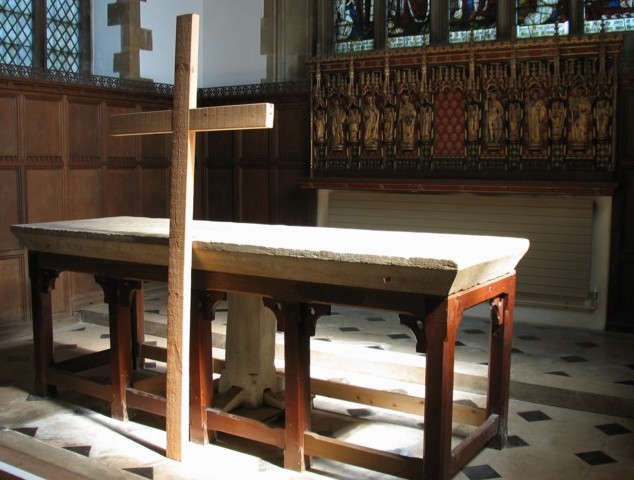If this were a normal Holy Week (it isn’t), and if I were presiding over a Maundy Thursday service (I’m not), then the service would typically conclude with the stripping of the altar. As Psalm 22 is read, we would remove every element of Eucharistic worship from sight, every candle, every linen, every chalice, every paten, even every vestment. The processional cross would be shrouded in black. And then as the last word of the last verse of the Psalm rang out, the priest would yank the fair white linen from the table, the lights would fall, and the altar would be stripped. Sitting in silence and in darkness those present would be invited to imagine life without the cross, life without resurrection, life without Eucharist.
Login to read more
Sign in or create a free account to access Subscriber-only content.
